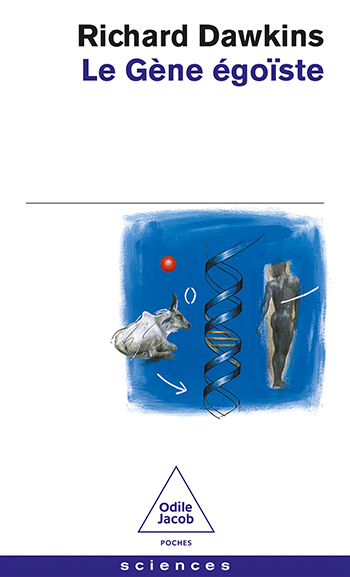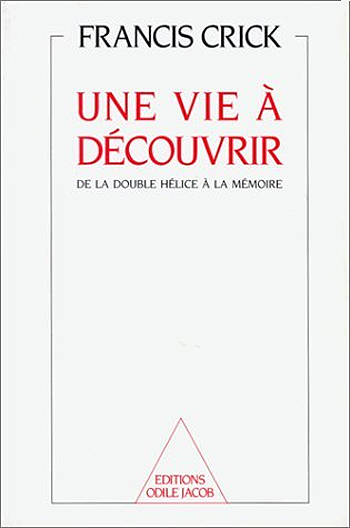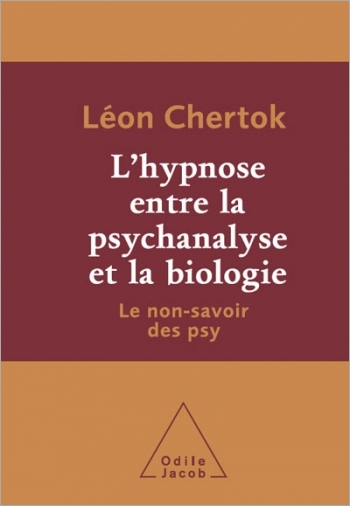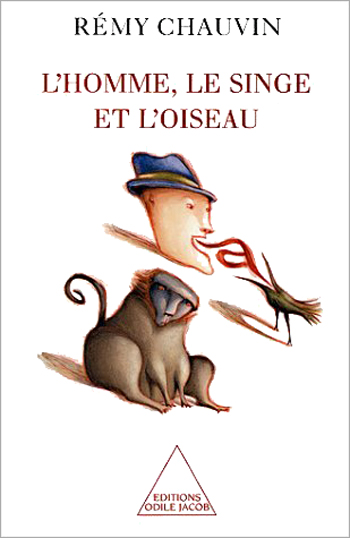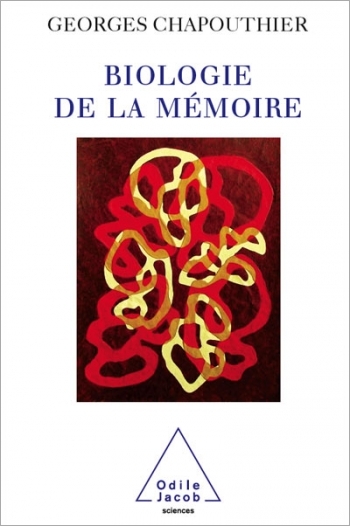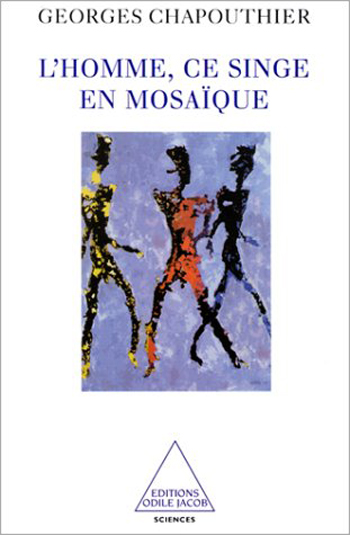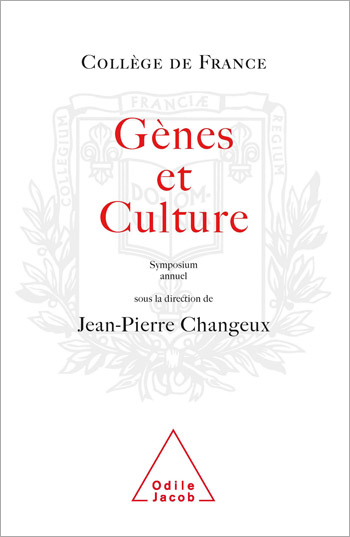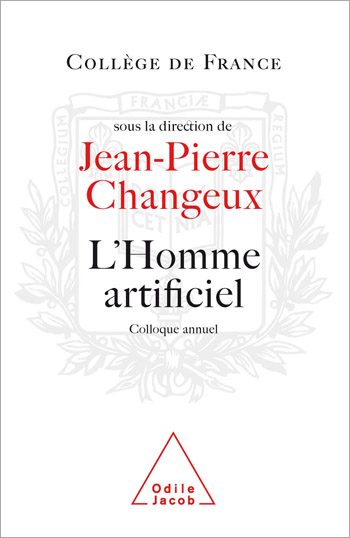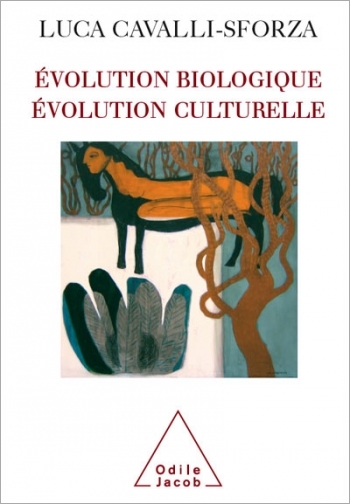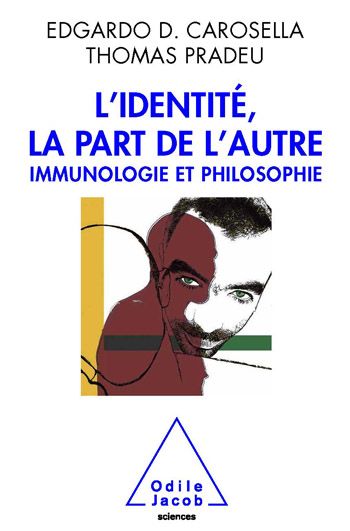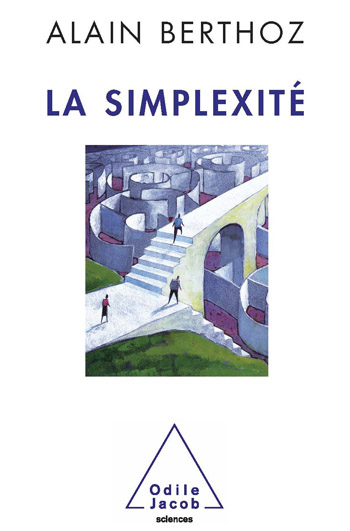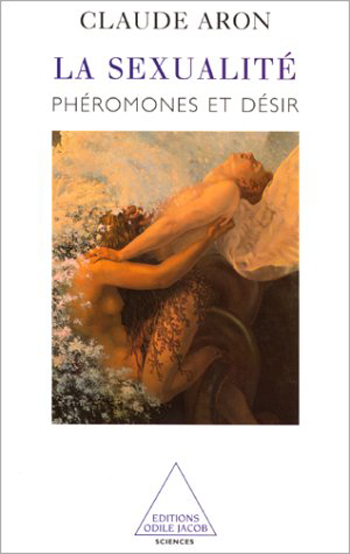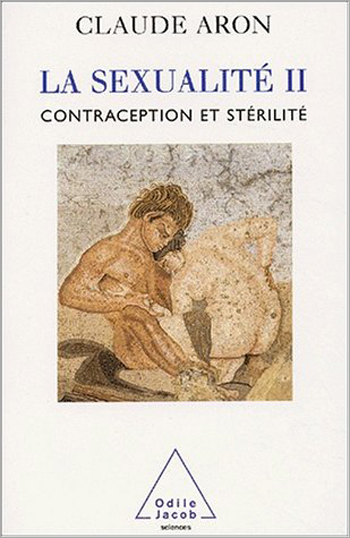Biology All books
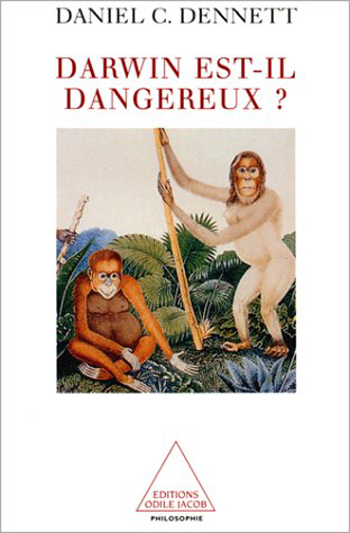
Daniel C. Dennett
Darwin's Dangerous Idea: Evolution and the Meanings of Life
In this book, he confronts this approach with the ideas of Charles Darwin and Darwinism, and addresses the question of evolution. What are the implications of the theory of evolution by natural selection? Why is evolution such a disturbing idea, not only for religious believers but also for philosophers and even for some biologists? How does it affect the concept of mind? In the midst of the current neo-Darwinian wave, this book offers a timely dialogue between the ideas of an important contemporary philosopher and those of the greatest nineteenth-century biologist. Daniel C. Dennett teaches cognitive sciences at Tufts University.
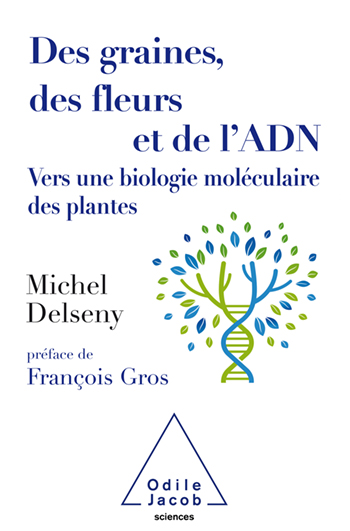
Michel Delseny
The Biology of Plants The genome of thale cress
A detailed account of a fascinating scientific adventure. Important food for thought: the genome of a plant is as complex as our own.
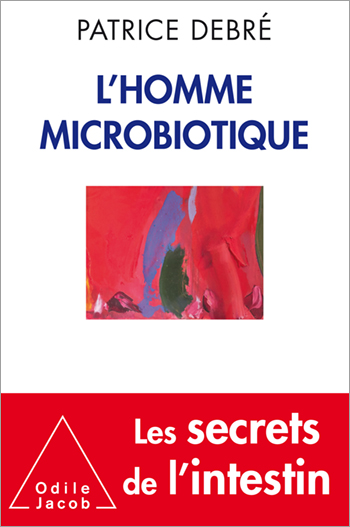
Patrice Debré
Microbiotic Man Humans and microbes: thousands of years of a shared history — for better or for worse.
A book that will interest readers who wish to learn more about such issues as epidemics, the current vaccination controversy, the recent flare-up of the Ebola virus and hopes of eradicating Ebola.
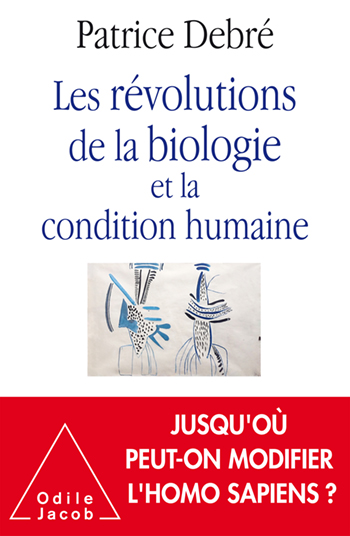
Patrice Debré
Revolutions in Biology and the Human Condition
A reflection on the prowess and the promises of biotechnologies, this text also casts a critical light on the transhumanist project.

Richard Dawkins
The Selfish Gene
The Selfish Gene has been described as the most important book about evolutionary theory since Darwin. According to Dawkins theory of the selfish gene, natural selection does not take place on the level of the species or of the individual but rather among genes. Dawkins argues that human beings are programmed to preserve their selfish molecules, which are known as genes. Dawkins brilliant style shows that complex scientific ideas can be explained and made accessible to the general public, and that biology can be as exciting as an adventure story. Richard Dawkins is a renowned evolutionary biologist.
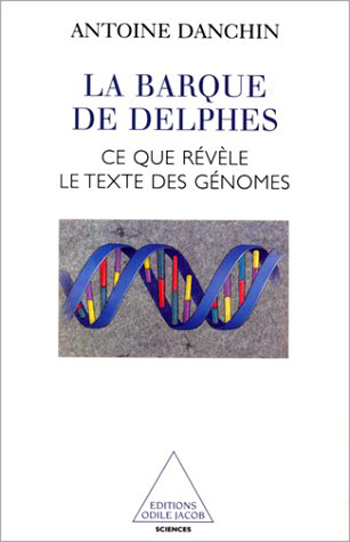
Antoine Danchin
The Delphic Boat What Genomes Tell Us
What is it that constitutes the unity and identity of a living creature ? This is the fundmental question of biology. The recent sequencing techniques provide a completely new response to this question, notably thanks to the knowledge of whole genomes. Antoine Danchin establishes a clear picture of this important biological discovery. He shows in particular that, just like the boat of Delphi, life is beyond prediction, and at the same time has an infinite capacity to create the unexpected. Antoine Danchin is the director of the Department of Biochemistry and Molecular Genetics at the Institut Pasteur.
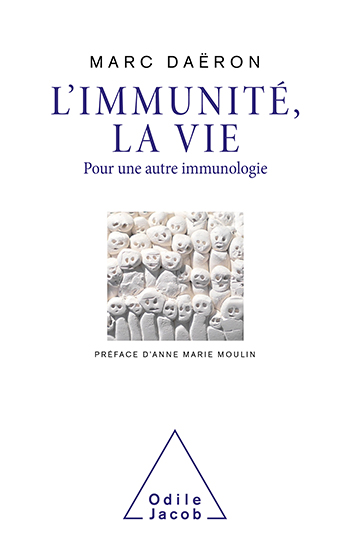
Marc Daëron
Life With Others A Look at Immunity
A critical look at what we think we know about the immune system
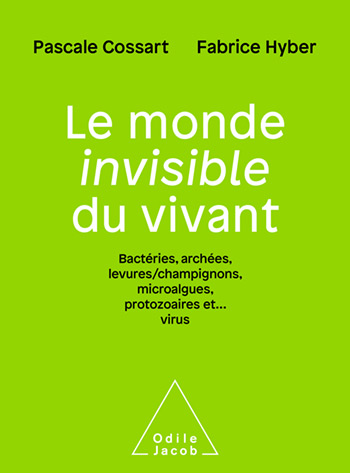
Pascale Cossart, Fabrice Hyber
The Great Voyage among Microbes
A wonderful introduction to microbiology by an eminent scientist. A richly illustrated work by Fabrice Hybert, very instructive.
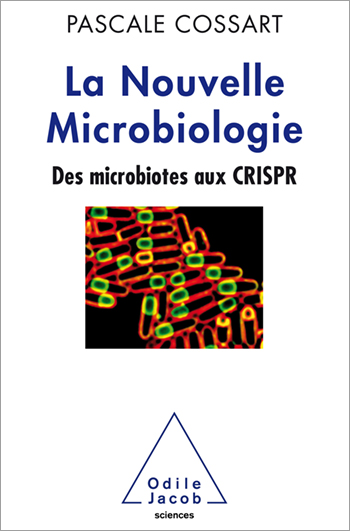
Pascale Cossart
The New Microbiology
New essential data about the life of bacteria, their resistance to antibiotics, inter-bacterial communication, etc.
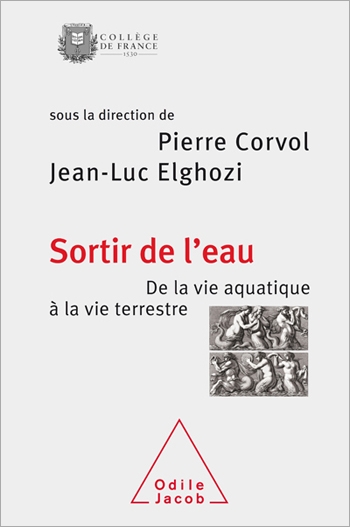
Pierre Corvol, Jean-Luc Elghozi
Coming Out of the Water From Aquatic Life to Land Life
An in-depth study of a crucial evolutionary phase, written by eminent specialists
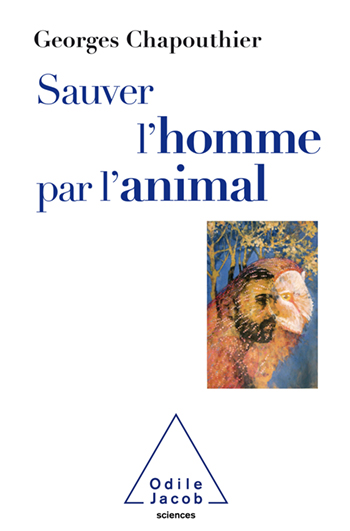
Georges Chapouthier
Saving Humans through Animals
An original thesis that connects in a paradoxical, but reasoned way, the development of morality in humans to their animal nature.
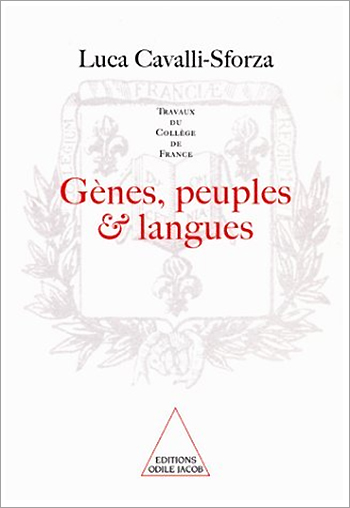
Luca Cavalli-Sforza
Genes, People and Languages (Work of the Collège de France)
How is culture passed on ? Is it possible to reconstruct the history of the evolution of the human species using genetic information from existing populations ?
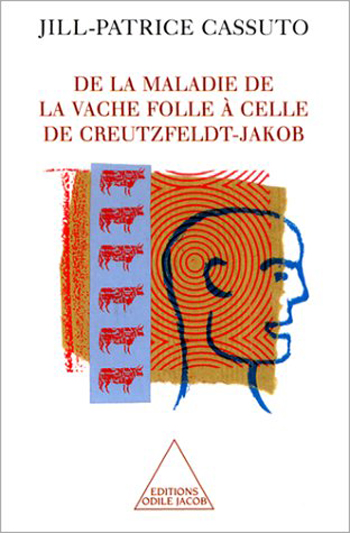
Jill-Patrice Cassuto
From Mad Cow Disease to Creutzfeldt-Jakob Disease
Jill-Patrice Cassuto examines the precursors of BSE and reviews some of the early research into the disease. He also studies the human form of BSE, or Creutzfeldt-Jakob disease, a fatal neurodegenerative disorder, and addresses the highly controversial question of ways the disease may be transmitted. This book is not only a scientific overview of current knowledge about BSE. It is also a thorough inquiry into the BSE scare and an examination of the issue of responsibility and of how health issues and risks are dealt with within the European Community. Jill-Patrice Cassuto teaches medicine and heads a clinical hematology service in a university hospital.
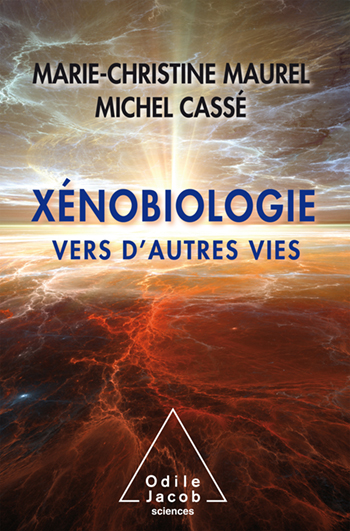
Michel Cassé, Marie-Christine Maurel
Xenobiology Xeno-life
When an astrophysicist encounters a specialist in synthetic biology, they discuss the origins of the universe and of life. The first steps of a new science, whose repercussions could shake our conception of the living and of its evolution.
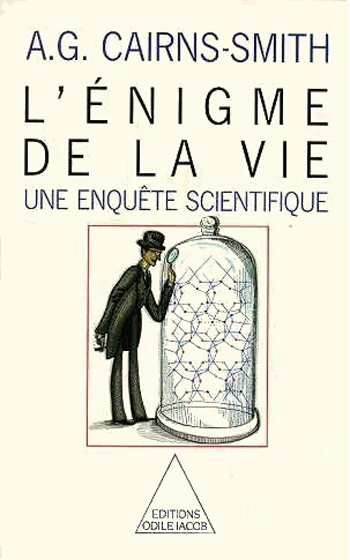
A. G. Cairns-Smith
Seven Clues to the Origin of Life A Scientific Detective Story
Sherlock Holmes would have certainly been interested to see his deductive methods applied to the resolution of a major scientific mystery: What is the origin of life? A. G. Cairns-Smith, the chemist and author of Genetic Takeover, a definitive technical work on the subject, conducts an investigation directly inspired by the famous detective.
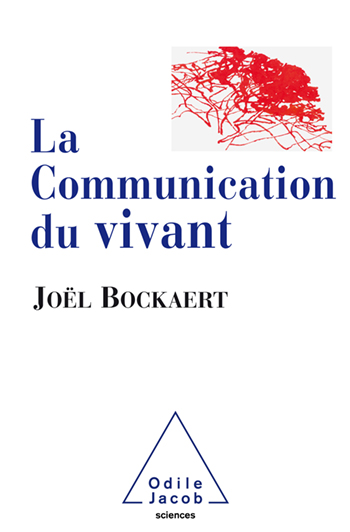
Joël Bockaert
The Communication of living things
A unique theme, communication, which encompasses all the kingdoms of life: a great opportunity to see them in a different light. If living is about communication, how is hyper-communication shaping the human being of tomorrow?
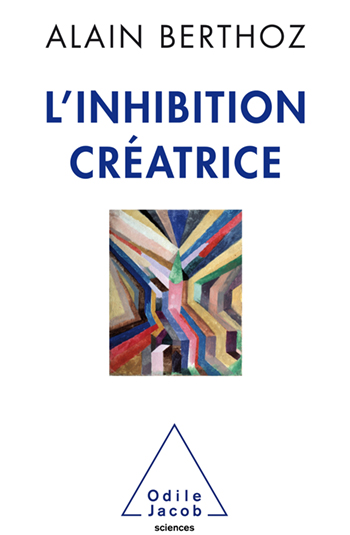
Alain Berthoz
Creative Inhibition To act is also to inhibit
A neglected concept, inhibition holds the key to our individual and social behaviors. A broad bio-sociological panorama for observing human behavior with fresh eyes.
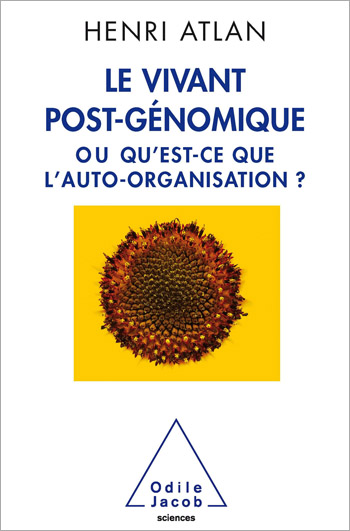
Henri Atlan
Postgenomic Life, or What is Self-organisation?)
We spontaneously associate the idea of organisation with that of human production: the fruit of artistic endeavour or rational planning...
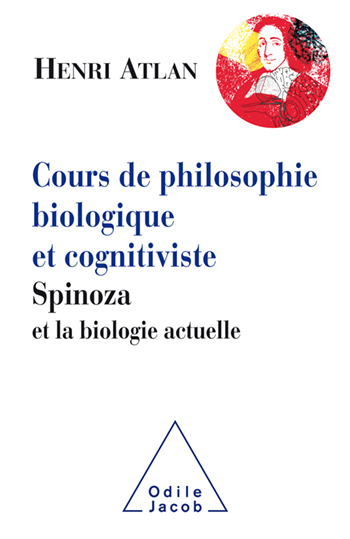
Henri Atlan
Lectures in Biological and Cognitivist Philosophy Spinozist Configurations
An introduction to both one of the greatest philosophies in history, and to the most current issues in the neurosciences. A new way of thinking about the relationships between the brain and the mind.

